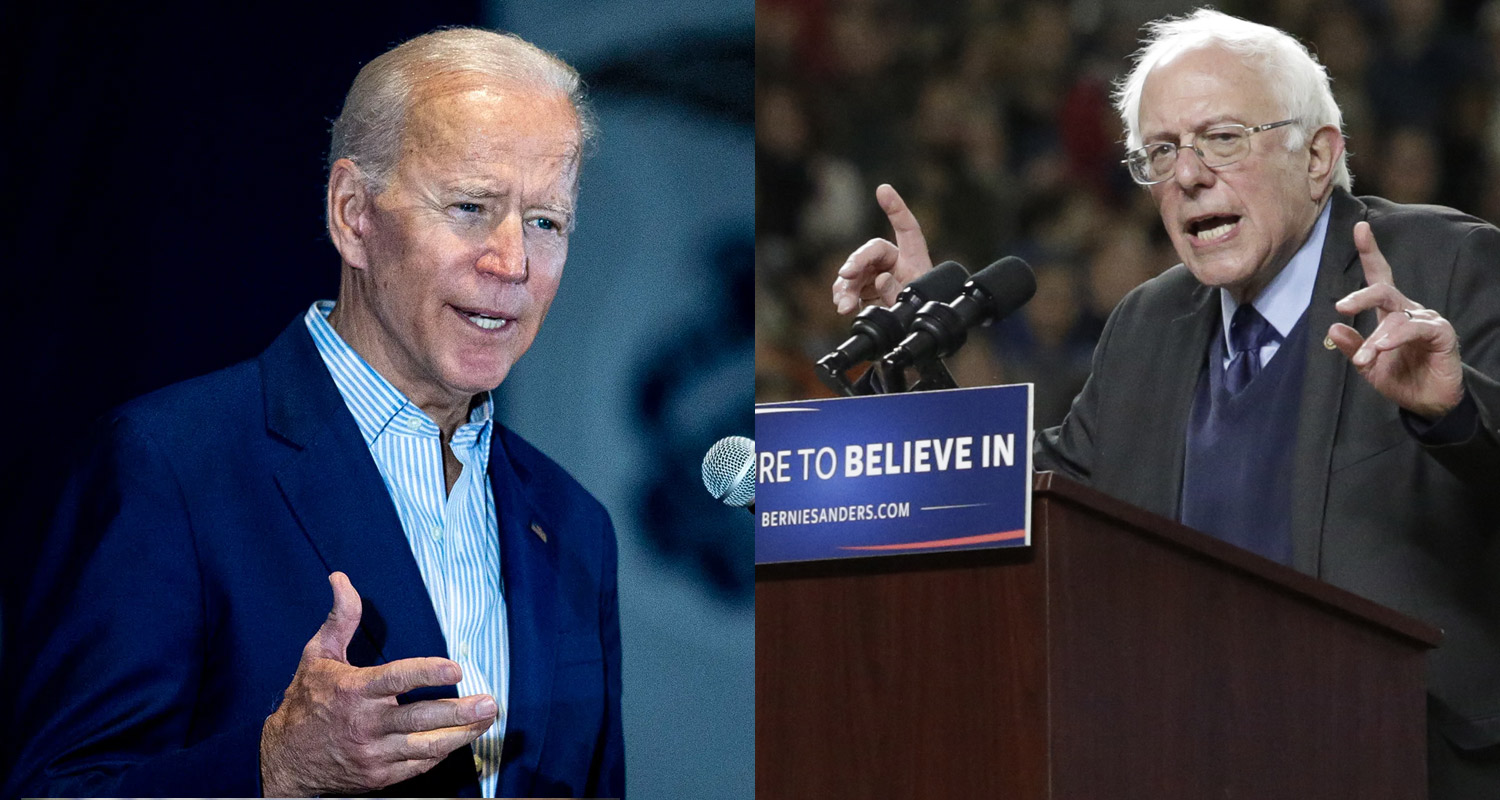If you put your presidential history cap on and think way back to the ancient year of 2012, you may recall the pivotal Presidential Debate between Mitt Romney and President Barack Obama on the topic of foreign policy. Romney was arguing, at the time, that Russia constituted one of the greatest geopolitical threats to the United States in various ways. In response, Obama ripped a one-liner about how the “1980s called and want their foreign policy back.” It was seen, at the time, as a distinct win for President Obama who brushed of Romney’s criticism with a smart remark while painting Romney as being stuck in a Cold War mindset, a meme which encompassed the rest of the Obama strategy of presenting Romney as an out-of-touch millionaire stuck in an America of yesteryear.
Well, some years later, the Russian chickens came home to roost, and even some of Obama’s closest allies said that Romney was right in 2012, and was owed an apology. The statement by Obama downplaying Russia’s nefarious influence was especially highlighted during the 2016 election as reports indicate that Russian intelligence spent a lot of effort attempting to peddle influence and meddle in the election process.
What does this have to do with 2020? Check the campaign trail and see what’s unfolding in Iowa.
Biden Downplays China’s Economic Threat
Speaking at a rally on Wednesday, former vice president Joe Biden addressed fears of China as it relates to economic competitiveness and whether the United States should be worried over the continued deterioration in U.S.-Chinese relations.
The Washington Post provides some reporting on the subject:
The argument is one Biden has frequently made in speeches throughout the years, but it is drawing increased attention due to his status as the apparent front-runner among Democrats running for president.
At a campaign stop in Iowa City, Biden pointed to his years serving as vice president and as chairman of the Senate Foreign Relations Committee, telling the crowd that there’s not a “single solitary” world leader who would trade the problems the United States faces for those confronting China.
“China is going to eat our lunch? Come on, man,” said Biden, who last week announced his bid for the 2020 Democratic presidential nomination.
He argued that Beijing has its hands full dealing with its own domestic and regional problems, such as tensions in the South China Sea — which Biden called the “China Sea” — and the “mountains … in the west.” It was not clear to what mountains or issue Biden was referring.
“They can’t figure out how they’re going to deal with the corruption that exists within the system,” Biden said of China. “I mean, you know, they’re not bad folks, folks. But guess what? They’re not competition for us.”
You would think that Republicans would be the first to jump on Biden’s claims, and some of them did.
However, the most prominent incoming fire came from Biden’s own party, in the form of Sen. Bernie Sanders who instantly seized on Biden’s remarks, bashing the former vice president on the topic manufacturing jobs lost to China over many decades:
Sanders, who’s also seeking the Democratic presidential nomination, used the moment to further draw a contrast between him and Biden without mentioning the former vice president by name.
“Since the China trade deal I voted against, America has lost over 3 million manufacturing jobs,” Sanders posted on Twitter. “It’s wrong to pretend that China isn’t one of our major economic competitors.”
Trade and manufacturing have been bread and butter issues for Bernie Sanders. In fact, in many respects, his trade views are not too dissimilar from Donald Trump. Sanders is not a “free trade” advocate since he believes it harms U.S. manufacturing jobs. If that sounds familiar, it’s because President Trump has spent the last several years saying basically the same thing.
In fact, some analysts now see Biden’s support for free trade as a potential weakness to be exploited by some of his populist opponents both from within the Democratic primary and across the aisle from populist Republicans, like Trump:
President Donald Trump’s team, rival Democratic campaigns, and progressive activists believe that record is a major vulnerability — particularly with a protectionist in the White House — and they plan on making sure voters know about it.
“Biden’s advocacy for NAFTA and the TPP would suggest that the Washington-driven conventional wisdom that he has solid support among union households in the Midwest and elsewhere might be more complicated than the media is currently presenting,” says Waleed Shahid, communications director for the left-wing Justice Democrats. “Biden hasn’t been held accountable for his policy record and he’ll increasingly be exposed for not really being the populist hero he likes to present himself as.”
How can Biden be the savior of the middle class and manufacturing, they’ll argue, when he supports the policies which helped kill manufacturing in the Midwest? It’s a platform that Trump ran on in the rust belt, and it clearly resonated by propelling him to the White House with wins in Pennsylvania, Ohio, Indiana, Wisconsin, and Michigan.
Paging Mitt Romney
The other person who noticed Biden’s downplaying of China was, of course, Sen. Mitt Romney, who issued a short but cutting response via Twitter:
This will not age well. https://t.co/IJ8vkPJ5SV
— Mitt Romney (@MittRomney) May 1, 2019
In Romney’s tweet about Biden’s China remarks not aging well, he’s referring to President Obama’s remarks in 2012 concerning Russia and whether they should be treated as our greatest geopolitical threat.
Donate Now to Support Election Central
- Help defend independent journalism
- Directly support this website and our efforts
